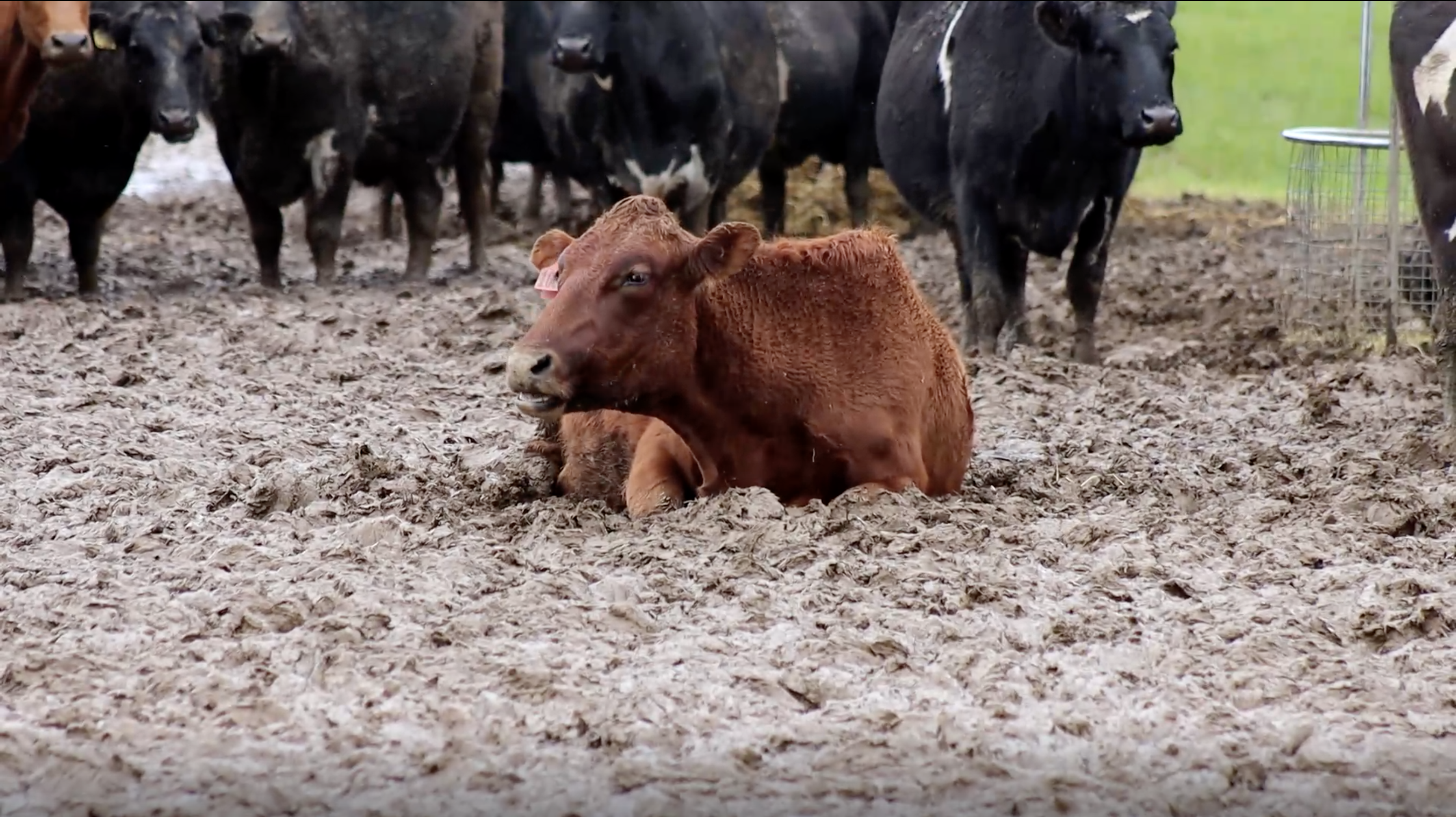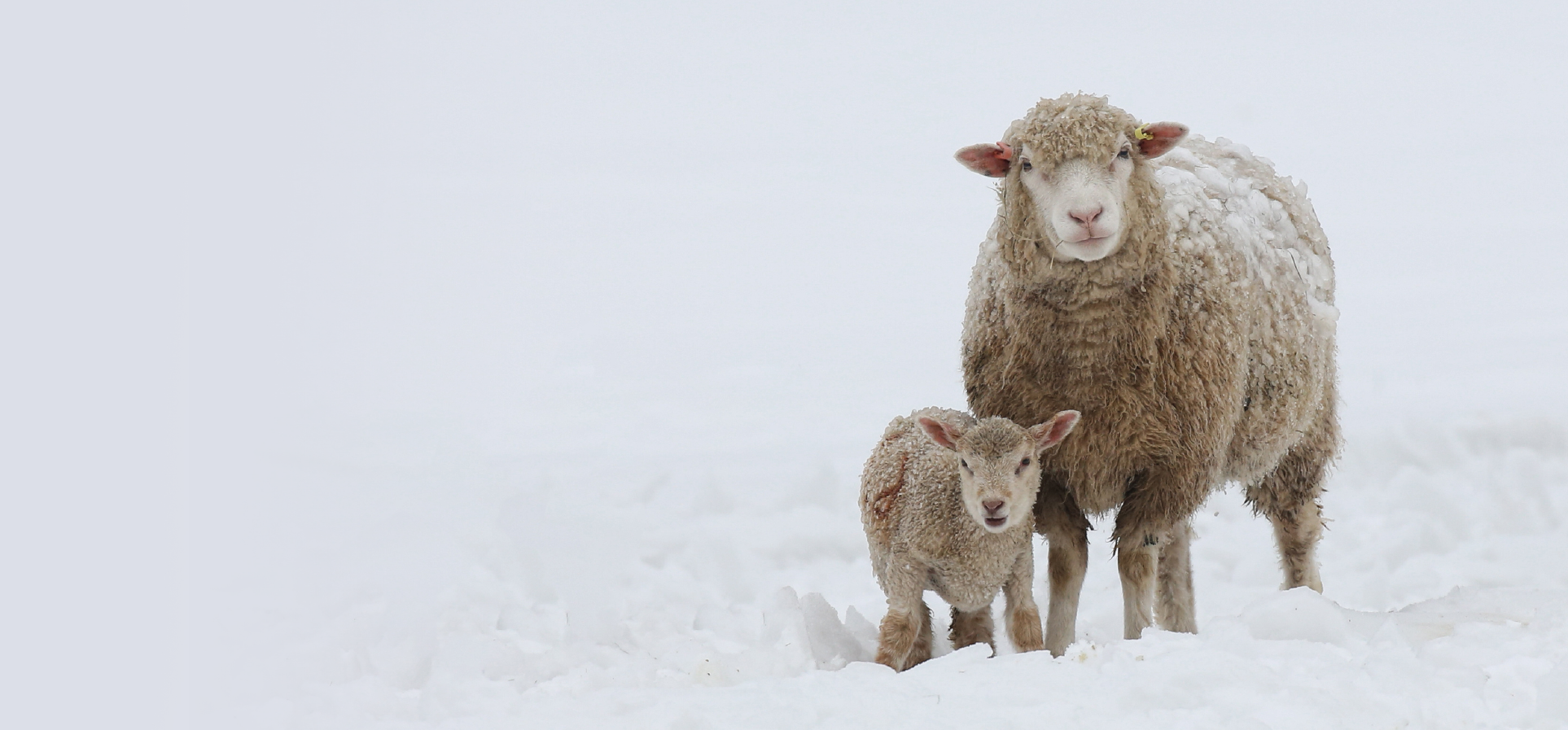
New code fails animals — and so does the system behind it
May 28th, 2025An updated Code of Welfare for Sheep and Beef Cattle is now open for consultation, and it’s a disaster for animals. Rather than lifting standards or upholding the Animal Welfare Act 1999, the code would lock in cruelty and continue to allow harmful practices that cause serious and avoidable suffering.
SAFE has previously participated in welfare code processes in good faith. But this draft represents a turning point. It fails animals, undermines the law meant to protect them, and reinforces a system where industry convenience comes first.
We’re calling for this code to be scrapped, and for future animal welfare rules to be grounded in compassion, evidence, and animals’ legal rights – not the demands of industry.
Read SAFE’s full public statement.
What is a Code of Welfare and why does it matter?
Under the Animal Welfare Act 1999, everyone responsible for animals is legally required to meet their physical, health, and behavioural needs. That means ensuring animals can behave naturally, live in comfort, and be protected from pain, distress, and suffering.
Codes of welfare are supposed to provide practical guidance on how to meet those legal requirements. But this code does the opposite. It allows harmful, intensive practices to continue, even though they don’t meet the standards required by law.
This code doesn’t just fail to lift the bar; it cements cruelty as status quo.
Image credit: Matt Coffey
What’s wrong with the code?
The proposed code permits practices that are fundamentally incompatible with the Animal Welfare Act, which recognises animals as sentient beings with physical, health, and behavioural needs.
These include:
- Intensive confinement in feedlots and mud farms, which puts animals in danger and prevents them from expressing natural behaviours like grazing and resting comfortably
- Painful husbandry procedures like tail docking and castration, without a requirement for mandatory pain relief
- No enforceable shelter standards, leaving animals exposed to the elements, which is a leading cause of death for newborn lambs.
The code also includes a minimum standard for behavioural needs, but this cannot be meaningfully applied in intensive farming systems. In environments like feedlots and mud farms, it is impossible to meet animals’ needs for comfort, movement, exploration, and social connection — needs that should be protected under law.
Image credit: Matt Coffey
A symptom of a broken system
The problem isn’t just with this one code; it’s with the system that created it.
New Zealand’s animal welfare system is built on the Animal Welfare Act 1999, which legally recognises animals as sentient beings. But the secondary legislation that gives effect to the Act — including Codes of Welfare — is often shaped around industry convenience, not the wellbeing of animals. Harmful practices are routinely permitted, and minimum standards are too often set by what is considered practical, rather than what is right.
In 2023, the Regulations Review Committee, a parliamentary oversight body, recommended a full and substantive review of how Codes of Welfare are developed, and whether they reflect the intent of the Animal Welfare Act. That review has not happened.
This revised code shows exactly why it must.
What SAFE is doing and how you can help
SAFE is taking a firm stand against the Code of Welfare for Sheep and Beef Cattle, and against the broken regulatory system that produced it.
We are:
- Publicly opposing the proposed code through our public statement, media outreach, and advocacy channels
- Engaging with NAWAC, MPI, and Agriculture Ministers Todd McClay and Andrew Hoggard, urging them to scrap the code and support the review of how animal welfare standards are developed
While SAFE has chosen not to participate in the consultation process, we respect that others may want to make their voices heard in different ways. If you’d like to take action, here are some meaningful ways you can help:
- Email NAWAC, Todd McClay, and Andrew Hoggard to express your concerns about the code and support SAFE’s call for systemic reform
- Share SAFE’s public statement on social media to help raise awareness about the failures of the code and the system behind it
- Make a personal submission through MPI’s consultation process if you wish to engage directly
Want to raise your voice?
If you’d like to share your concerns directly with decision-makers, here are the key contacts:
NAWAC (National Animal Welfare Advisory Committee): [email protected]
Hon Todd McClay, Minister for Agriculture: [email protected]
Hon Andrew Hoggard, Associate Minister for Agriculture (Animal Welfare): [email protected]
You’re welcome to use SAFE’s public statement to inform your message, or speak from the heart about why animals matter to you.
Want to make a submission?
The proposed Code of Welfare for Sheep and Beef Cattle is open for public consultation until July 15, 2025.
You can read the draft code and learn how to provide feedback via the Ministry for Primary Industries’ consultation page:
View the consultation and make a submission
Every action helps. Whether you speak out through a formal submission, write to those in power, or simply share the truth — you’re part of the movement pushing for real change.


